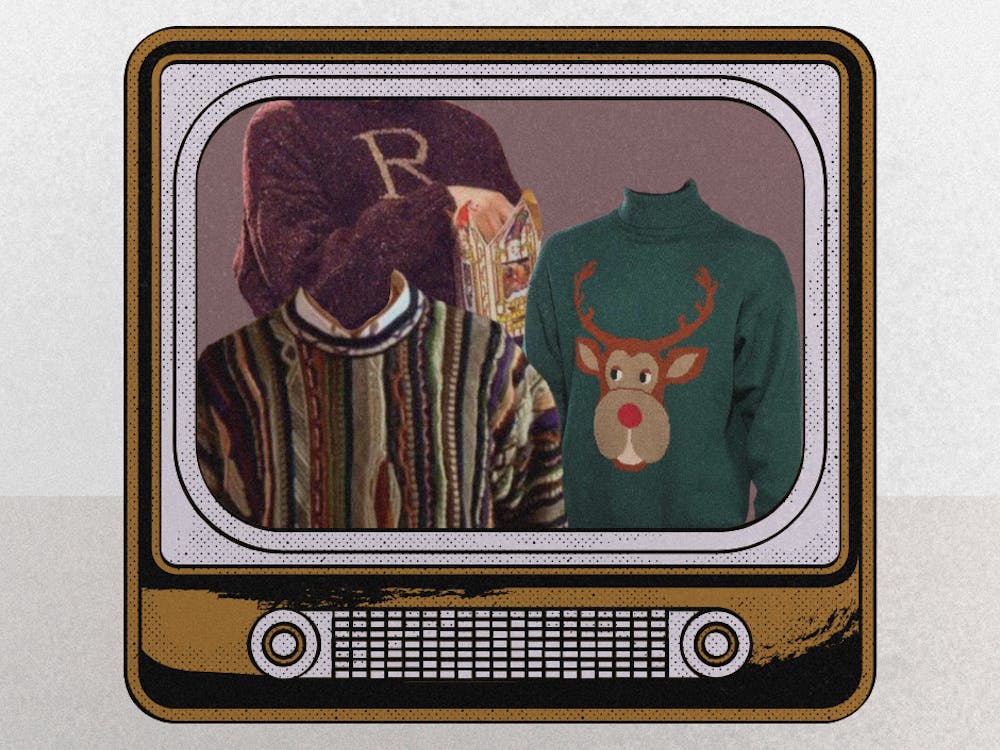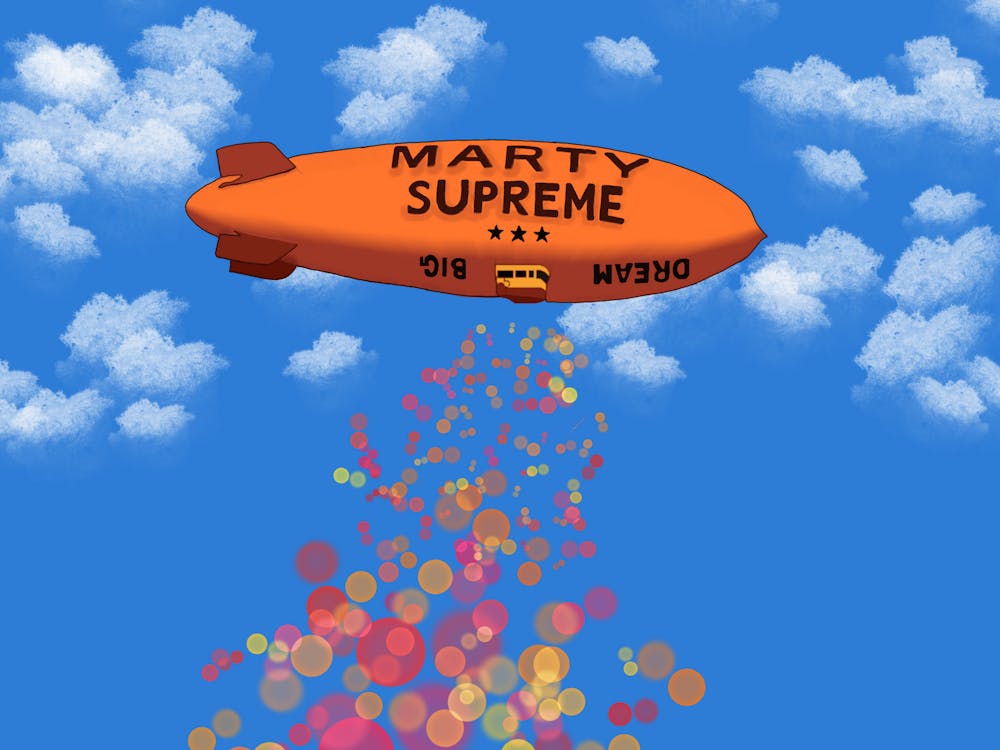“Where are we now?”
The opening words of emo band American Football’s second self-titled LP, released last week, couldn’t be more applicable. The original “American Football” album came out under the radar in 1999, with the band mutually agreeing to stop recording together shortly afterwards. However, in the years since, “American Football” has come to be regarded as an essential album in the American emo music scene for its comforting sound, finely tuned instrumentation and plainly emotional lyrics.
In the decade and a half between albums, however, a lot has changed. Emo as a genre is radically different than it once was, and American Football certainly hasn’t shown interest in layering on the mascara and ripped skinny jeans anytime soon. So the band is presented with the crucial question: Where are we now? How can a band stay true to the style of an album from their distant past while still artistically progressing?
American Football has not completely changed their sound. The core pieces of their classic math rock-esque style are still present, from the soft yet energized vocals to the mix of electric and acoustic guitars and subdued drumming.
However, these pieces take new shape under a much different production style, with the most noticeable changes coming in the vocal delivery and guitar arrangements. Gone is the lo-fi sound of the band’s original work, which left plenty of room for the distortion and fuzzing of its guitar arrangements and the imperfections in its lead vocals. Instead, the new album embraces a much glossier production, which favors very crisp drums, soft clear guitar arrangements and extremely smooth vocal harmonies.
The result is a sound much more reminiscent of generic indie pop than of the personable moody style on their original LP, a change which takes away a lot of the band’s substance. The true emotion in lead singer Mike Kinsella's voice was displayed through its imperfections, in the cracks and uneven vocal levels which created a feeling of deeply touching vulnerability befitting of the introspective confessional lyrics on the original album.
By contrast, the vocals on American Football’s latest album feel overly polished and devoid of the emotion they once conveyed so well. The guitar arrangements suffer a similar fate, with riffs and chords which are easy on the ear but ultimately simplistic comprising the bulk of the album’s instrumentation. A far cry from the moody, fuzzed-out riffs of the original album.
Although the album’s sound is largely underwhelming and uninspired, there are some moments where the talent American Football displayed on their original effort shines through. On “Desire Gets in the Way,” Kinsella’s vocals will occasionally peek out from the wall of polish they are usually hidden behind, delivering the occasional line with a more raw and subdued tone befitting of the anguish the track conveys.
Another commendable moment can be found on the closing track, “Everyone is Dressed Up,” where drummer Steve Lamos produces an incredible horn selection during the track’s refrains, reminiscent of his horn work on the original “American Football” album. The crying horns evoke a heartbreaking sense of yearning which couples well with the similarly themed lyrics of the track. Ultimately, these ear-catching moments are few and far between on the album’s nearly 40-minute runtime, not delivering anything close to a sufficient saving grace.
The original “American Football” album was strongly reminiscent of the waning days of summer. Its mellow chords, introspective thoughts and aimless direction are paired best with a warm summer night spent doing nothing more than looking into the muted darkness and thinking about oneself.
In a passing lyric on that first album, Kinsella remarks, “So let’s just see what happens when the summer ends,” expressing his uncertainty for the future and his need for more time to think. In this way we can see the release of the new “American Football” as the ending of summer and the beginning of a new season in the band’s life, one which it has spent a long while meditating over.
Unfortunately, much like how the warm embrace of summer slowly gives way to the bitter cold of winter, the wonderful feeling of soft vulnerability in the first “American Football” gives way to the hollow disappointment of its successor. Those who took solace in the sound of the band’s beginnings will find little to cling to in its latest effort, and are better off reminiscing about the original’s warm summer nights.






